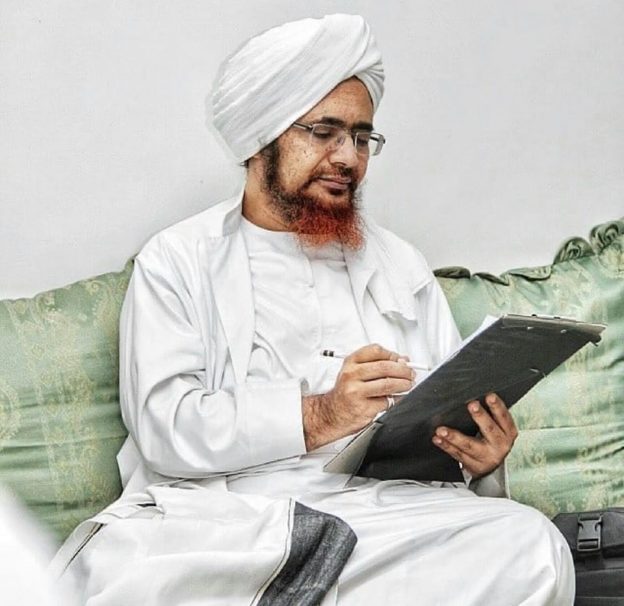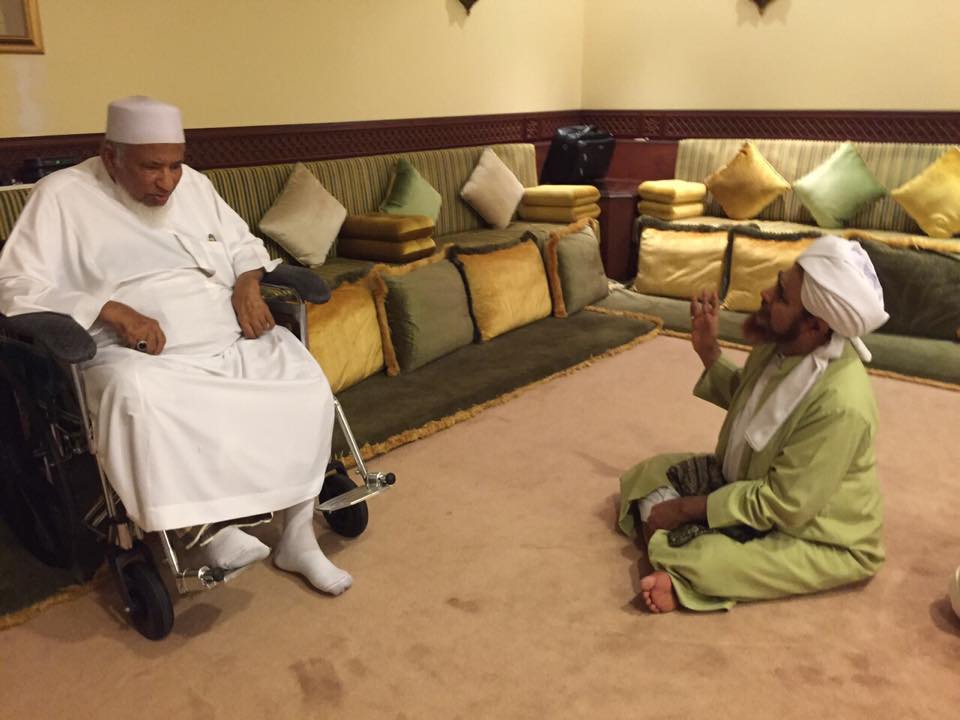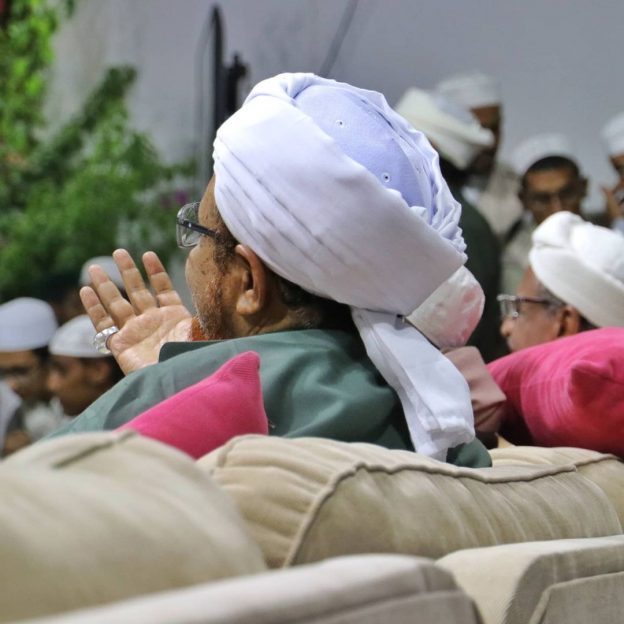Sayyidi Habib Umar bin Hafiz (may Allah protect him and benefit us by him) teaches us that our connection to Allah and His Beloved ﷺ are a defence against tribulation. He also helps us to understand some of the divisions among the Companions and the concepts of tawassul and service.
All credit belongs to the Prophet ﷺ, our guide and teacher. The good works of anyone who reached any rank will be recorded in the Prophet’s book – from the Siddiqun and the greatest of them: Abu Bakr, `Umar, `Uthman and `Ali – to the first of the Muhajirun and the Ansar, to the Ahl al-Bayt, the scholars and callers to Allah. Every mosque and institute of knowledge that Allah accepted will be recorded in his book. Continue reading Defence Against Tribulation










